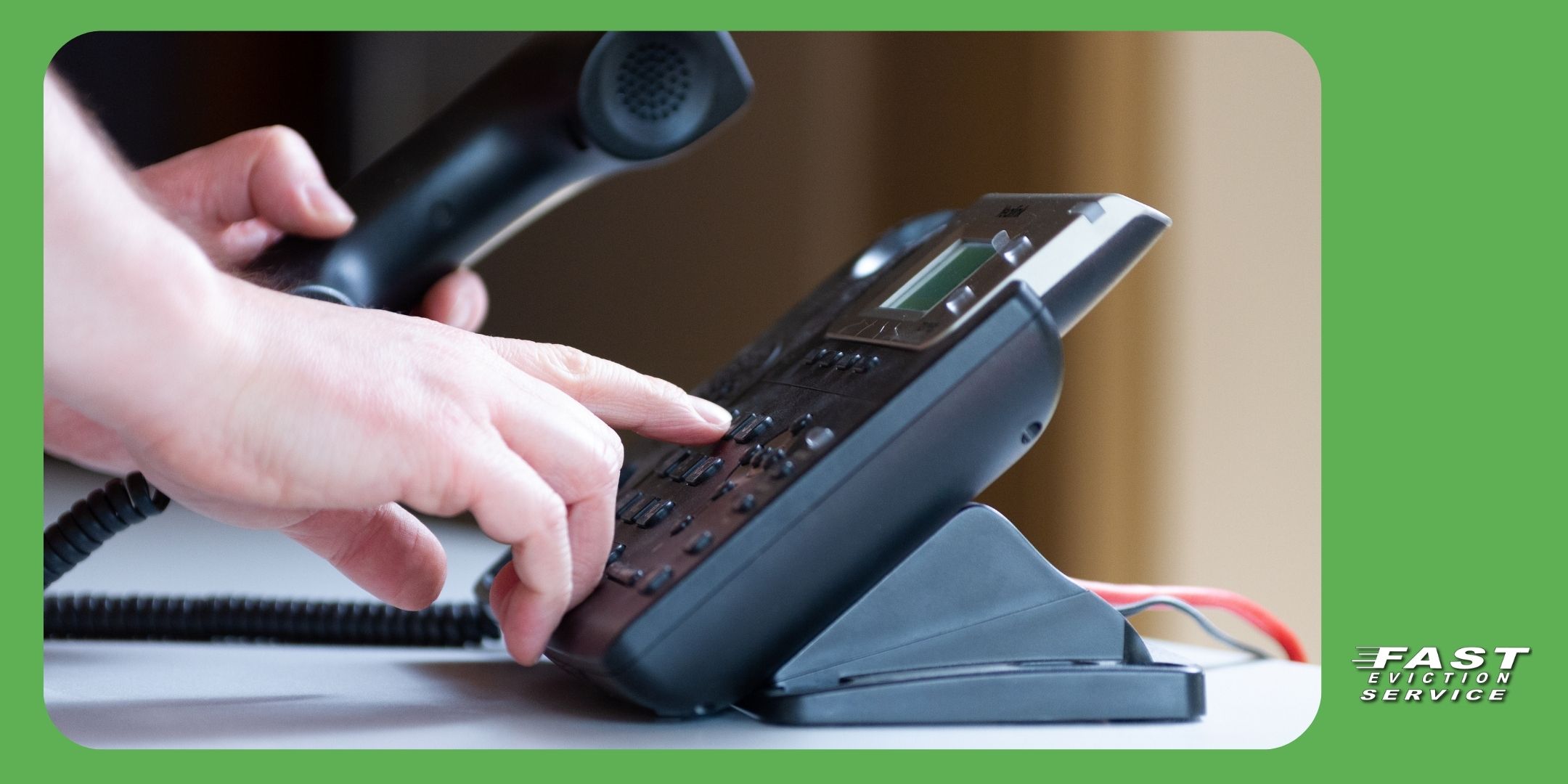Updated 10/3/24
Collecting rent from tenants is one of the most critical aspects of managing rental properties. Consistent rental income ensures you can cover property expenses, make a profit, and maintain a positive cash flow. Yet, many landlords, whether new or experienced, struggle with implementing effective rent collection strategies. In this article, we’ll explore how to collect rent from tenants efficiently and provide key strategies to ensure a smooth process.

Set Clear Expectations from the Beginning
One of the most important things you can do as a landlord is set clear expectations regarding rent collection at the very start of the tenancy. This should be done in the lease agreement. Spell out when rent is due, how it should be paid, and what the penalties are for late payments.
Be sure to include:
- The exact due date (e.g., the 1st of each month)
- Grace periods, if any
- Late fees or penalties for missed payments
- The accepted payment methods
By ensuring that these terms are outlined in writing, you create a formal agreement that protects both you and your tenant. Having everything in black and white will minimize disputes about payments, and you’ll have legal backing if you need to enforce rent collection.
Offer Multiple Payment Methods
Offering tenants multiple payment methods can make it easier for them to pay on time, ultimately reducing the chances of missed payments. When considering how to collect rent from tenants, it’s important to think about their convenience.
Popular rent payment options include:
- Direct bank transfers (ACH payments): Fast and secure, many landlords prefer this method for its simplicity.
- Online rent collection platforms: Services like RentRedi, Cozy, and Avail offer tenants the option to pay rent online using their debit cards, credit cards, or bank accounts. These platforms often automate reminders and provide digital receipts, streamlining the process.
- Checks or money orders: Traditional, but still widely used, especially among older tenants who may prefer this method.
- Cash payments: While some landlords accept cash, it’s riskier as there’s no formal paper trail unless you provide a receipt. It’s also harder to manage and verify, especially for large sums.
Offering a variety of payment options ensures that you accommodate different preferences, which can increase the likelihood of on-time payments.
Automate Rent Collection
In today’s digital age, automation can save both time and hassle. Many landlords have turned to automated rent collection tools that directly withdraw the rent from the tenant’s bank account on a designated date. Automated systems not only simplify how to collect rent from tenants, but they also offer several advantages:
- Consistency: Payments are received on time, with minimal follow-up.
- Reduced stress: You no longer have to remind tenants about due dates.
- Better tracking: Automated systems offer digital records of all payments, making it easier to keep track of finances and report income during tax season.
Tools like PayRent, Buildium, and TurboTenant allow you to automate rent collection while providing tenants the ability to monitor their payment history.
Send Timely Rent Reminders
Even though rent is typically due on the same day each month, life gets busy, and tenants might forget to make payments. Sending timely reminders a few days before the rent is due can help.
Many online platforms offer automated reminders, but you can also send a friendly email or text to your tenants. The goal is to be proactive without being overbearing. Friendly communication shows professionalism and encourages tenants to prioritize rent payments.
Establish and Enforce Late Fees
Implementing and enforcing late fees is one of the most effective strategies for ensuring that tenants pay on time. When tenants understand that there will be financial consequences for missed payments, they’re more likely to prioritize paying rent on time.
To be successful with late fees:
- Include them in the lease: Specify the fee amount, the grace period (if any), and how the fees will be applied.
- Be fair but firm: Don’t waive late fees too often, as this may signal to tenants that they can pay late without consequences.
- Communicate clearly: Let tenants know in advance when a late fee will be charged and include the additional amount due in your rent reminder messages.
Offer Incentives for Early or On-Time Payments
Sometimes, tenants respond better to incentives than penalties. Consider offering small rewards or discounts to tenants who consistently pay on time or early. Some incentives you might consider include:
- Discounts: Offering a $25 or $50 discount for rent paid before the due date.
- Gift cards: Providing small rewards such as coffee shop gift cards to tenants who pay rent promptly for six consecutive months.
- Loyalty programs: Offering a rent reduction or special perks (e.g., free parking or an upgraded appliance) after a full year of on-time payments.
Incentives create a positive atmosphere around rent collection and foster good relationships between you and your tenants.
Have a Plan for Non-Payment
Despite your best efforts, there may be situations where a tenant is unable or unwilling to pay rent. When thinking about how to collect rent from tenants, it’s crucial to have a plan in place for such cases.
Here are steps to take when a tenant doesn’t pay:
- Communicate early: Contact the tenant to inquire about the missed payment. Sometimes, a temporary financial issue can be resolved with an open conversation.
- Issue a notice: If a tenant fails to pay after the grace period, send a formal notice of late payment. The type of notice and time frame will vary by local landlord-tenant laws, so be sure to follow legal guidelines.
- Consider a payment plan: If a tenant is facing financial hardship, you might offer a short-term payment plan to help them catch up on rent without falling further behind.
- Start eviction proceedings if necessary: While eviction should be a last resort, sometimes it is the only option for recovering lost rent. Be sure to follow your state’s laws when pursuing an eviction, as improper procedures can delay the process or lead to legal challenges.
Knowing how to collect rent from tenants efficiently is a crucial skill for landlords, and it’s a task that requires a mix of clear communication, firm enforcement, and sometimes even a bit of creativity. By setting clear expectations, offering multiple payment methods, and automating as much of the process as possible, you can significantly reduce the stress involved in collecting rent.
Ultimately, successful rent collection comes down to consistency, fairness, and a proactive approach. By implementing the strategies outlined above, you’ll be well on your way to ensuring a smooth, predictable rental income stream.



